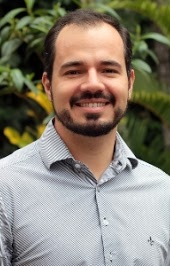
Moacir Ponti
Moacir Antonelli Ponti received his Ph.D. (2008) and MSc (2004) degrees at the Universidade Federal de São Carlos, Brazil. He is currently Associate Professor at the Institute of Mathematical and Computer Sciences, Universidade de São Paulo, Brazil. During 2016 he was a visiting researcher at the Centre for Vision, Speech and Signal Processing (CVSSP), University of Surrey, UK. He was the principal investigator of projects funded by Brazilian research agencies CNPq and FAPESP as well as international ones e.g. UGPN. Additionally, he got a Latin America Research Award from Google in 2017 and a CNPq Researcher Fellowship Grant in 2018. Author of more than 40 papers in peer-reviewed journals and conferences, his current research interests include signal, image, and video processing, in partic
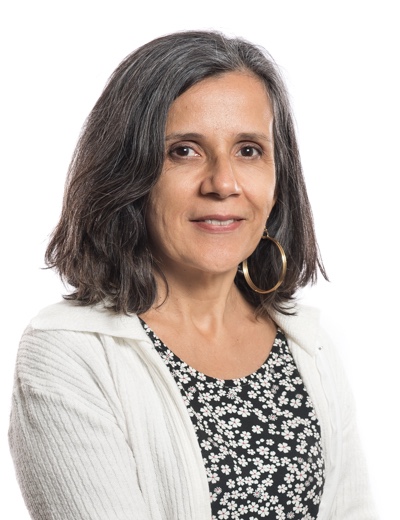
Renata Vieira
Renata Vieira holds a PhD in Computer Science from the University of Edinburgh (1998). She is a professor at PUC-RS, in the area of artificial intelligence, with emphasis on natural language processing, knowledge representation, ontologies, inteligente agents and semantic web. Renata coordinates the Artificial Intelligence Group of the Polytechnic School, coordinates the Natural Language Processing Research Laboratory and is the leader of the CNPq Research Group in this area. He has experience in coordinating inter-institutional and international projects, and participates in several national and international scientific program committees (STIL, BRACIS, PROPOR, LREC, FLAIRS, FOIS, IJCAI, ACL). She participated in the creation of the Special Committee for NLP of the Brazilian Computing Society, being the first president of this committee from 2007 to 2009. She received a CAPES-Fulbright Senior Visiting Research Fellow, for visiting the University of Texas at Austin in 2007. She participated in the Association for Computational Linguistics's executive committee from 2011 to 2013. In the Webometrics ranking, based on Google Scholar published in 2015, she ranked 953 among the most cited Brazilian researchers. In 2017 she completed post-doctoral training at the University of Toulouse. She received in two consecutive editions the prize of best article at STIL. She is currently appointed by the SBC as Senior Lecturer in the area of Natural Language Processing.

Luis Gustavo Nonato
Luis Gustavo Nonato received the Ph.D. degree in applied mathematics from the Pontificia Universidade Católica do Rio de Janeiro, Rio de Janeiro - Brazil, in 1998. His research interests include visual analytics, geometric computing, machine learning, and data science. He is a full professor in the Institute of Mathematical and Computer Sciences, University of São Paulo, São Carlos, Brazil. Recently, prof. Nonato was a visiting professor at the Center for Data Science, New York University, New York - USA and he was also a visiting scholar in the Scientific Computing and Imaging Institute, University of Utah, Salt Lake City - the USA from 2008 to 2010. Besides having served in several program committees, including IEEE SciVis, IEEE InfoVis, and EuroVis, he was associate editor of the Computer Graphics Forum journal, being currently associate editor of IEEE Transactions on Visualization and Computer Graphics journal. He is also an editor of the SBMAC SpringerBriefs in Applied Mathematics and Computational Sciences.

Joana Monteiro
Joana is the director of the research center at the Rio de Janeiro’s Prosecutor Office and professor at the Brazilian School of Public and Business Administration at Getulio Vargas Foundation (FGV/EBAPE). Between 2015 and 2018, she was the head of the Institute of Public Security (ISP), the government body responsible for disclosing and analyzing Rio de Janeiro’s crime and violence records. At Prosecutor Office and ISP, Joana leads the agenda of use of evidence in the Criminal Justice area, having implemented projects to facilitate data analytics by policemen and to improve transparency to society. Joana holds a PhD and a MA in economics from the Catholic University of Rio de Janeiro (PUC-Rio). Between 2009 and 2012, she was a visiting research fellow at the Center for International Development at Harvard University. Joana is specialized in development economics and an expert in impact evaluation of public policies.
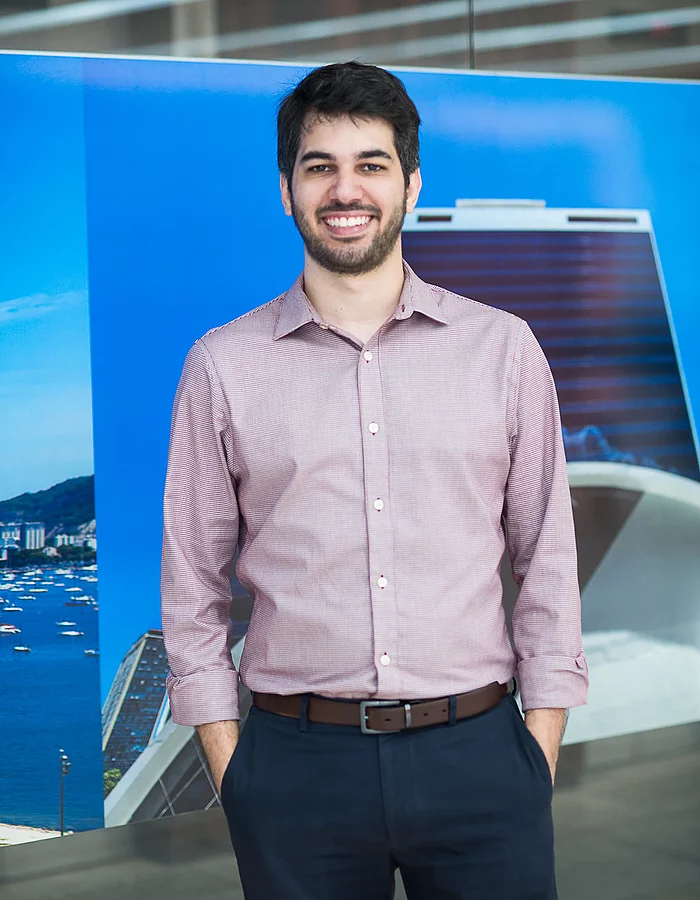
Yuri Saporito
Yuri F. Saporito is currently an Assistant Professor at the Applied Mathematics Department at Fundação Getúlio Vargas (FGV-EMAp). His main research interests are Functional Itô Calculus and Quantitative Finance in general. He has graduated with a Ph.D. in Financial Mathematics from the Statistics and Applied Probability Department at UCSB. He was sponsored by CAPES and Fulbright. His advisor was Professor Jean-Pierre Fouque, the director of the CFMAR. During the summers of his Ph.D., He interned at Bloomberg LP under the supervision of Dr. Bruno Dupire. Moreover, after concluding his Ph.D, He was a Quant Developer at SPX Capital.

Marcelo Moreira
Marcelo Moreira holds a doctorate in Economics and a master's degree in Statistics from the University of California at Berkeley. He was a professor at Harvard University and Columbia University, being elected NBER fellow in 2003, Alfred P. Sloan fellow in 2006, and Econometric Society fellow in 2012. Currently, the economist is a full professor at Fundação Getúlio Vargas - RJ. Researches mainly in the area of Mathematical, Econometric and Statistical Methods and Models, having worked on the following themes: asymptotic theory, identification in simultaneous equation models, inference in non-stationary time series models, estimation in panel models, and tests in factor models.
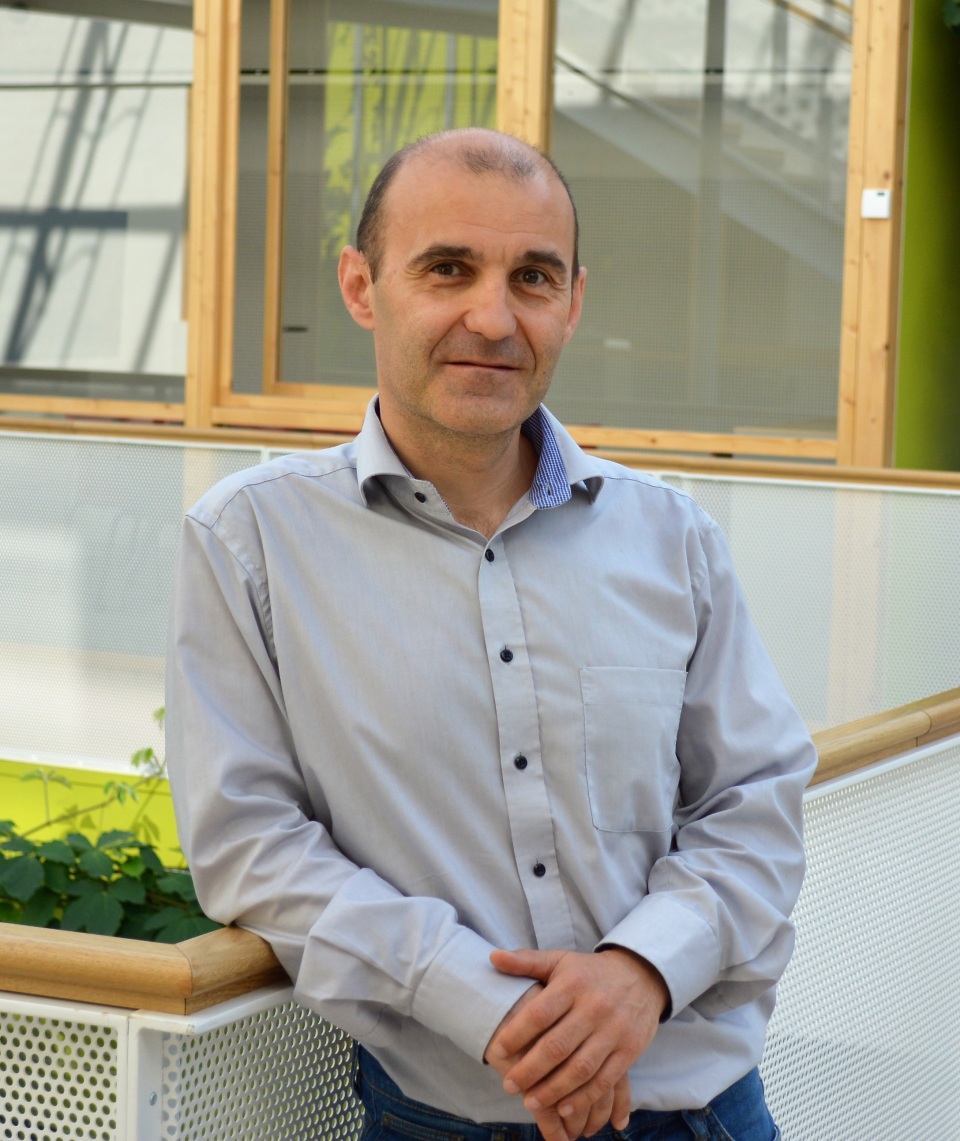
Frédéric Chazal
Frederic Chazal is a Directeur de Recherche (senior researcher) at INRIA Saclay Ile-de-France since 2007. After a PhD in pure mathematics, he oriented his research to computational geometry and topology and their connections with statistics and data science. He is now heading the DataShape team at INRIA, a group working on Topological Data Analysis, a recent fast growing field at the crossing of mathematics, statistics, and computer sciences. Frederic's contributions to the domain go from fundamental mathematical aspects to algorithmic and applied problems. He published more than 70 papers in major computer sciences conferences and mathematics journals and he co-authored 2 books and 2 patents. He is an associate editor of 4 international journals: Disc. and Comp. Geometry (Springer), SIAM Journal on Imaging Science, Graphical Models (Elsevier), Journal of Applied and Comp. Topology (Springer). Frederic has been and is still also heading several academic and industrial research projects.
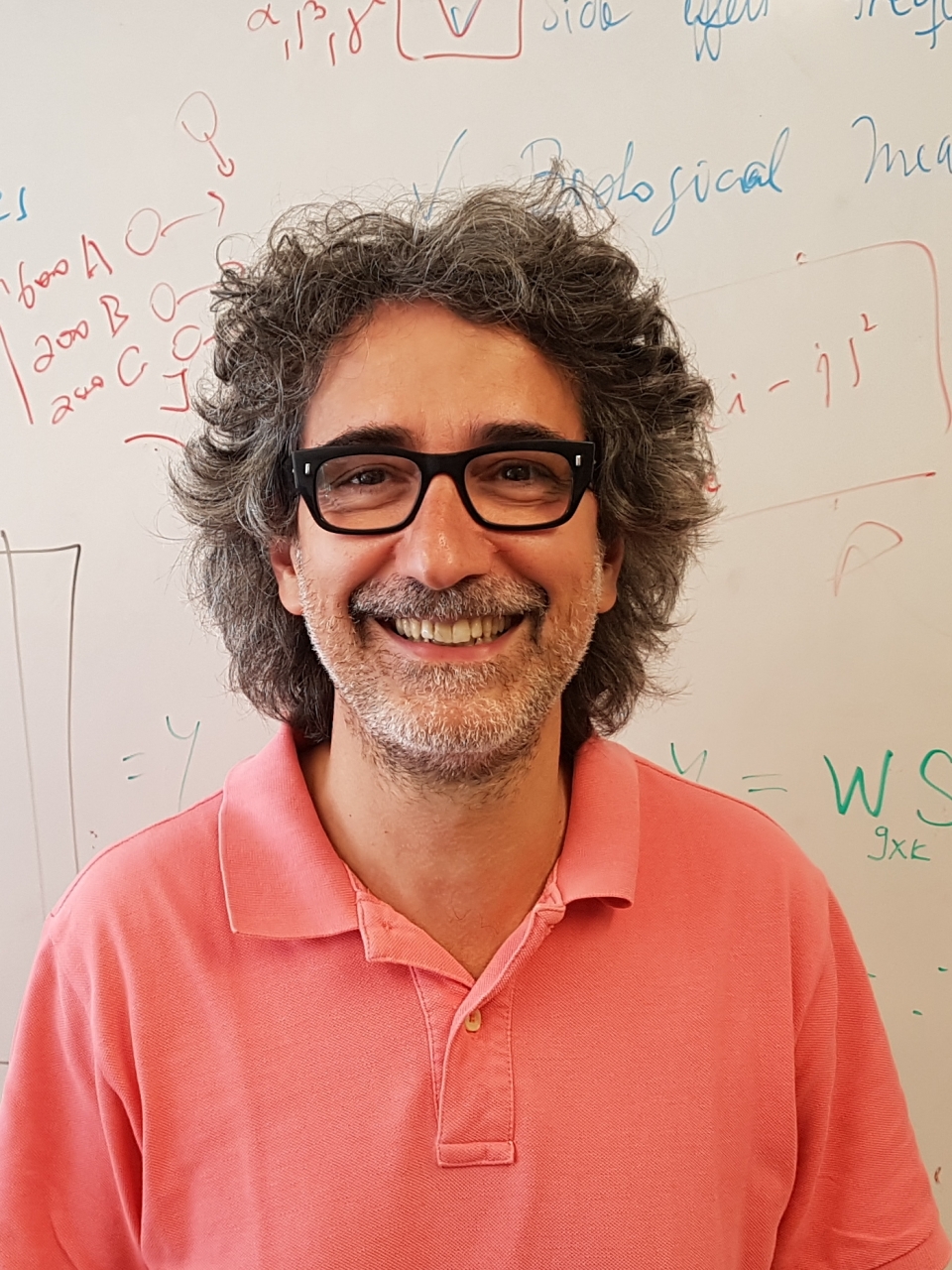
Alberto Paccanaro
Alberto Paccanaro is full Professor in Machine Learning and Computational Biology in the Department of Computer Science at Royal Holloway University of London where he is also Director of the Centre for Systems and Synthetic Biology. He completed his undergraduate studies in Computer Science at the University of Milan and received his PhD from the University of Toronto in 2002, specializing in machine learning under the supervision of Geoffrey Hinton. From 2003 to 2006 he was a postdoc in Mark Gerstein’s lab at Yale University. His research interests are in applying and developing machine learning algorithms for solving problems in molecular biology and medicine.

Andre Carvalho
André C. P. L. F. de Carvalho is Full Professor in the department of Computer Sciences, University of São Paulo, Brazil. He was Associate Professor in the University of Guelph, Canada. He was visiting researcher in the University of Porto, Portugal and visiting professor in the University of Kent, UK. He is Assessor ad hoc for several national and international funding Agencies. His main research interests are data science, data mining and machine learning. Prof. de Carvalho has several publications in these areas, including 10 paper awards from conferences organized by ACM, IEEE. He was the founding director of the Center of Machine Learning in Data Analysis, University of São Paulo and is currently Vice Dean of the Mathematics and Computer Science Institute of the University of São Paulo and Vice Director of the Center for Mathematical Sciences Applied to Industry, University of São Paulo. He is a member of the Steering Committee of the International Network for Government Science Advice (INGSA) Latin American and Caribbean Chapter, of the CNPq Computer Science Advisory Committee and of the Brazilian Science for Education Network. Once a month he writes about Artificial Intelligence on the Science & Mathematics Blog, IMPA and OGlobo.
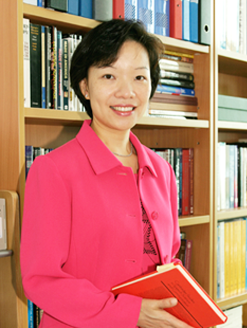
Helen Meng
Helen Meng is Professor of the Department of Systems Engineering and Engineering Management, The Chinese University of Hong Kong. She received the S.B., S.M. and Ph.D. degrees, all in Electrical Engineering from MIT. She joined The Chinese University of Hong Kong in 1998, and established the Human-Computer Communications Laboratory in her department in 1999. In 2005, she founded the Microsoft-CUHK Joint Laboratory for Human-Centric Computing and Interface Technologies and serves as Director. This laboratory has been recognized as a Ministry of Education (MoE) of China Key Laboratory since 2008. In 2006, she founded the Tsinghua-CUHK Joint Research Centre for Media Sciences, Technologies and Systems. In 2007, she helped establish the Laboratory for Ambient Intelligence and Multimodal Systems in the Chinese Academy of Sciences Shenzhen Institute of Advanced Technology, through its joint initiative with CUHK. In 2013, she established the CUHK Stanley Ho Big Data Decision Analytics Research Center and serves as its Founding Director. Helen also served as Associate Dean (Research) of the Faculty of Engineering between 2006 and 2010.
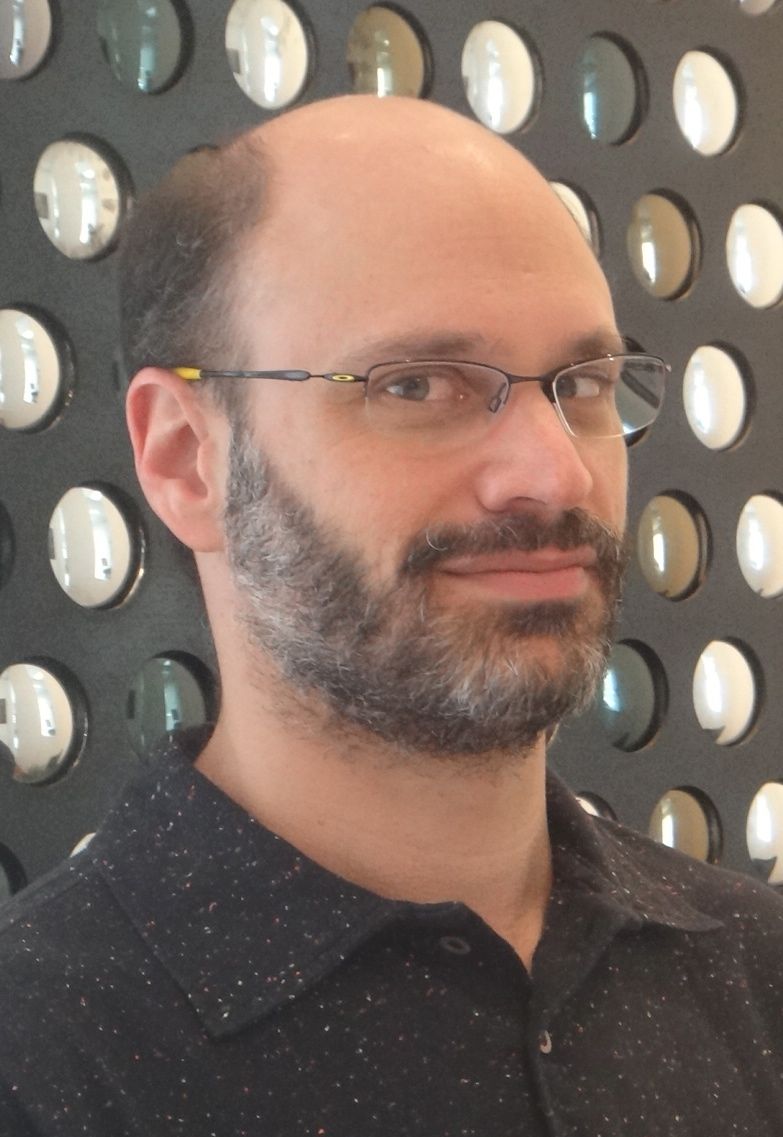
Fabio Kon
Fabio Kon is a Full Professor of Computer Science at the University of São Paulo where he carries out research on Distributed Systems, Software Engineering, and Data Science and leads InterSCity, a National Institute for Science and Technology for Smart Cities. Fabio has been in the Scientific Program Committees of over a dozen international conferences in the past two decades and he is the Editor-in-Chief of the Springer Nature Journal of Internet Services and Applications. He is a Special Advisor to the FAPESP Scientific Director, working with Research for Innovation programs. During Fall/Winter 2018, Fabio was a Fulbright Visiting Professor at the MIT Senseable City Lab where he conducted research on Data Science for Smart Cities.

Claudio Silva
Cláudio T. Silva is Professor of Computer Science and Data Science at New York University. His research has focused on data science, visualization, graphics, and geometry processing. Recently he has been particularly interested in urban and sports applications. He received his BS in mathematics from Universidade Federal do Ceará, and his MS and PhD in computer science at SUNY-Stony Brook. Claudio is a Fellow of the IEEE and has received the IEEE Visualization Technical Achievement Award. The MLB.com's Statcast player tracking system, which he helped develop, won the Alpha Award for Best Analytics Innovation/Technology at the 2015 MIT Sloan Sports Analytics Conference, and more recently a 2018 Technology & Engineering Emmy Award from the National Academy of Television Arts & Sciences. Our lab’s work has been covered in The New York Times, The Economist, ESPN, and other major news media. Claudio’s work has been funded by MLB Advanced Media, the National Science Foundation, NASA, NVIDIA, DOE, the Moore-Sloan Data Science Environment at NYU, Labex DigiCosme, and an NYU Provost's Global Research Institute (GRI) fellowship.


